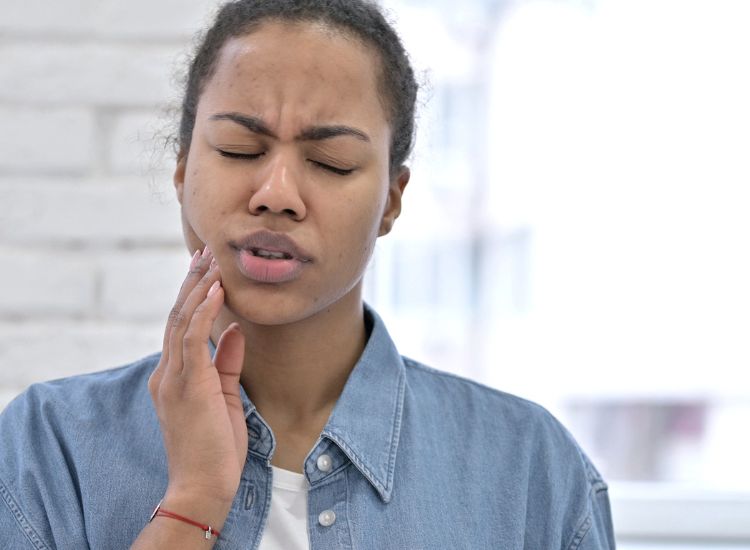Dental Emergency Prevention Tips
Dental Emergency Prevention Tips: What You Need to Know
Dental emergencies can happen at any time, and they can often be quite unexpected. Whether it’s a sudden toothache, a cracked tooth, or a lost filling, dental emergencies can be painful, and inconvenient. If left untreated, they can often lead to more serious dental problems. That’s why it’s important to take preventative measures to minimize your risk of experiencing a dental emergency. In this blog post, we’ll share some tips on how to prevent dental emergencies, so you can protect your teeth and stay healthy.
Practice good oral hygiene
One of the simplest ways to prevent dental emergencies is to practice good oral hygiene. Brushing and flossing regularly can help remove the harmful bacteria and plaque that can cause tooth decay and gum disease. Be sure to brush your teeth twice a day, floss daily, and use an antiseptic mouthwash to keep your mouth clean and healthy.
Wear a mouthguard during sports activities
If you participate in sports or other physical activities that pose a risk of dental injury, be sure to wear a properly fitting mouthguard. These devices can help protect your teeth and prevent them from being chipped, cracked, or knocked out during contact sports. Even non-contact sports, such as surfing or skateboarding, can result in dental injuries. It’s important to take the necessary precautions to prevent dental injuries from happening.
Avoid hard, crunchy, or sticky foods
Hard, crunchy, or sticky foods can cause damage to your teeth, especially if they’re already weakened or compromised. Avoid eating hard candies, popcorn kernels, ice cubes, and other similar foods that can chip, crack, or break your teeth. Instead, opt for softer, easier-to-chew foods like yogurt, soups, and cooked vegetables.
Schedule regular dental check-ups
Regular dental check-ups are essential for maintaining good oral health and detecting problems before they escalate into more serious dental emergencies. Your dentist can assess the condition of your teeth and gums, identify potential problems, and recommend preventive measures to keep your teeth and gums healthy. In addition, routine cleanings can remove plaque and tartar that can build up over time.
Keep dental emergency supplies on hand
Despite your best efforts to prevent dental emergencies, accidents can still happen. That’s why it’s important to be prepared by keeping a dental emergency kit on hand. This kit should include gauze, a small container with a lid, over-the-counter pain relievers, and the contact information for your dentist. If a dental emergency does occur, you’ll be able to take immediate action and get the help you need.
In conclusion, dental emergencies can be a real pain, but they don’t have to be inevitable. By following these prevention tips, you can minimize your risk of experiencing a dental emergency and protect your overall oral health. Of course, it’s always a good idea to have a trusted and experienced dentist on hand, who you can rely on in case of an emergency. If you’re in Colorado Springs, Colorado, and you’re looking for a dentist you can trust, contact us at Kissing Camels Family Dentistry. Our team will be happy to help you keep your teeth and gums healthy and happy for years to come.





